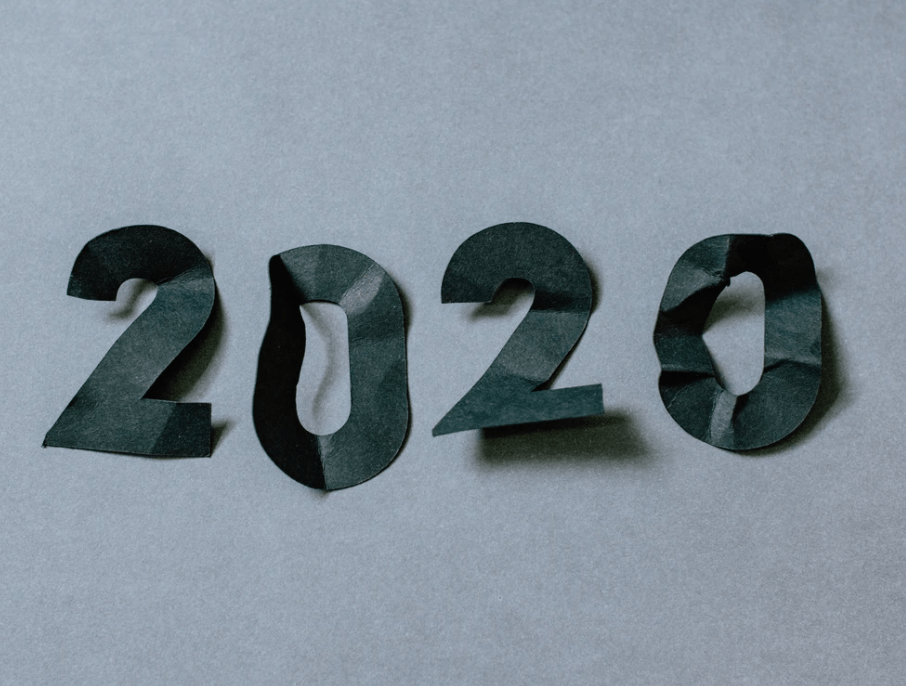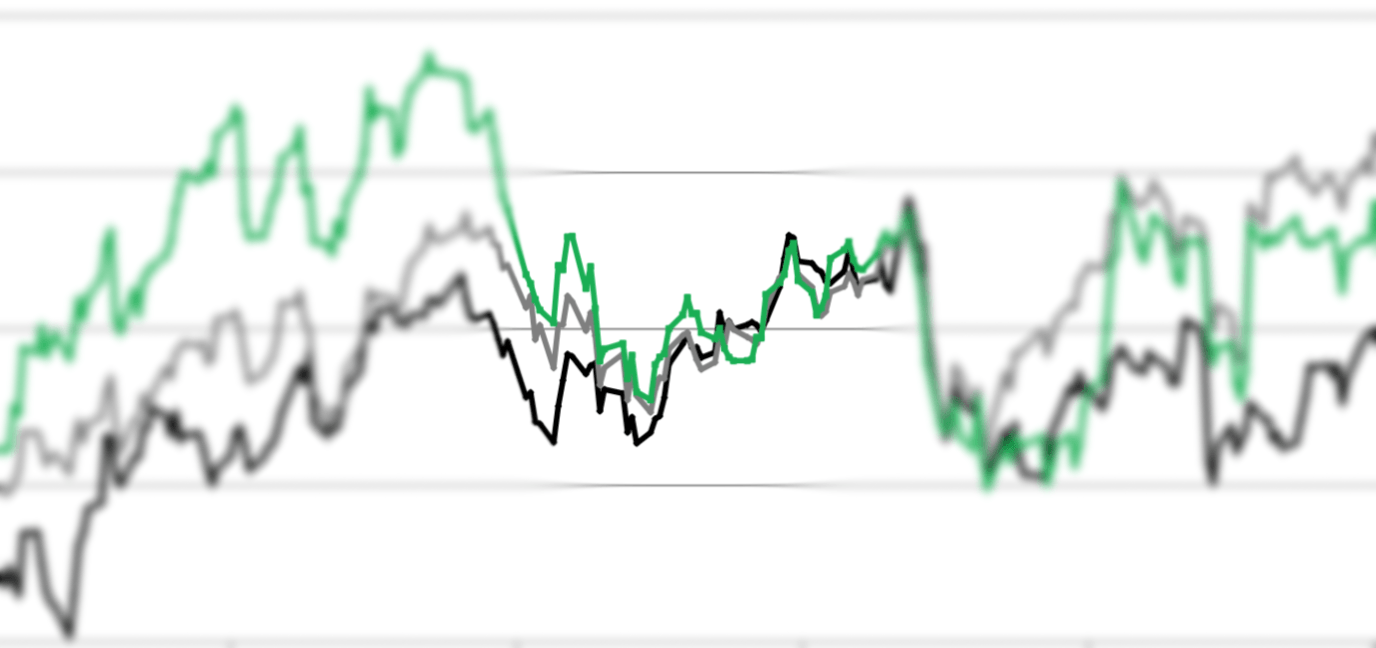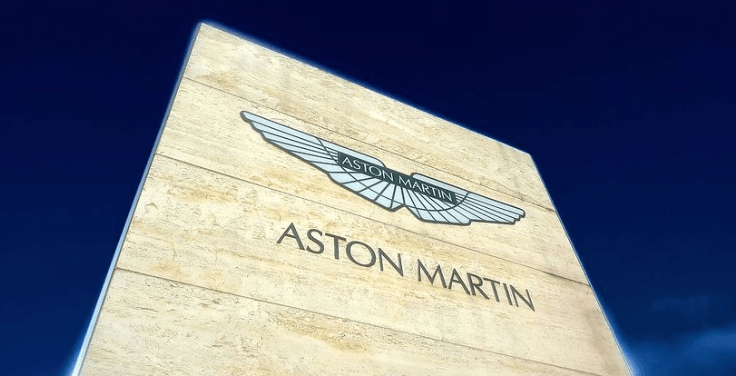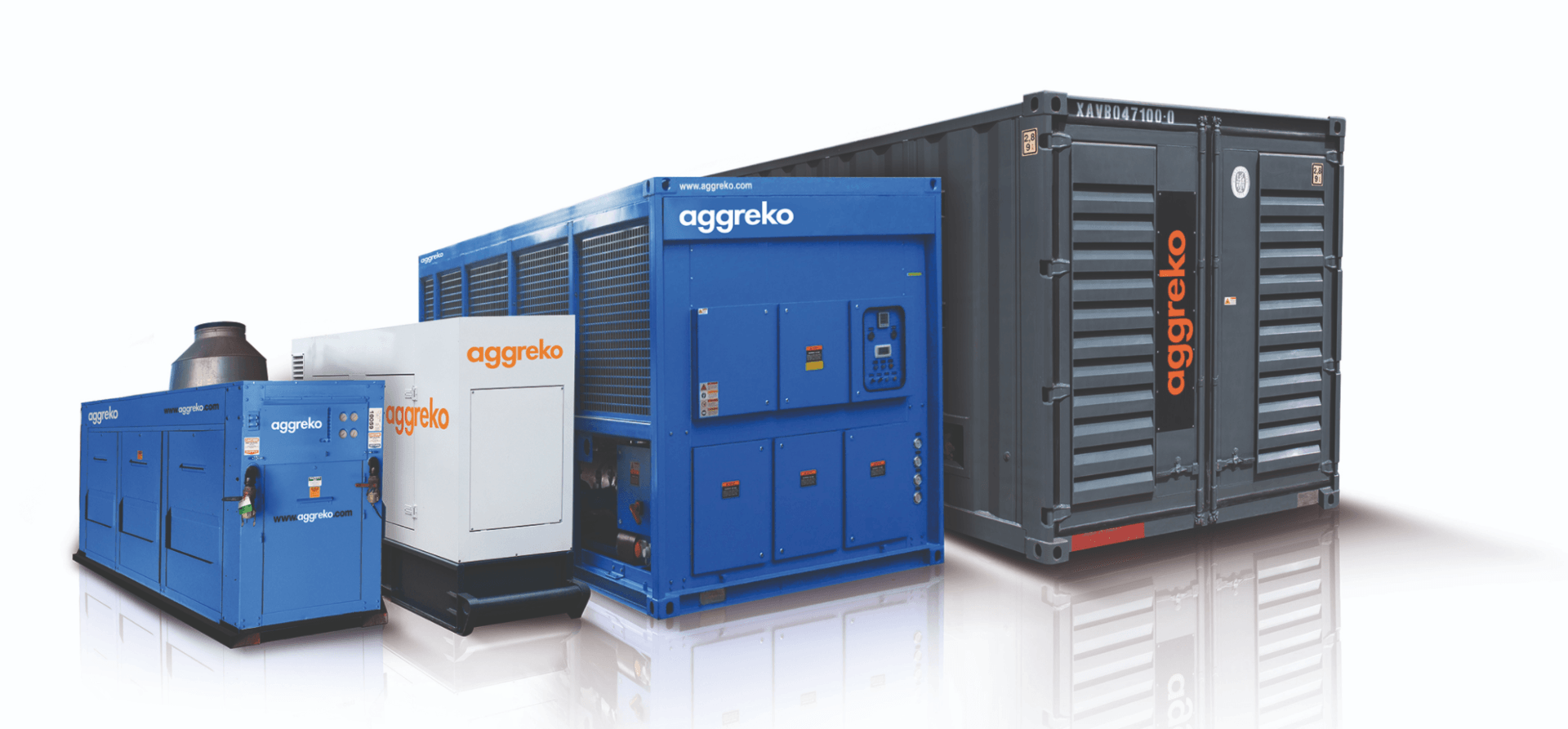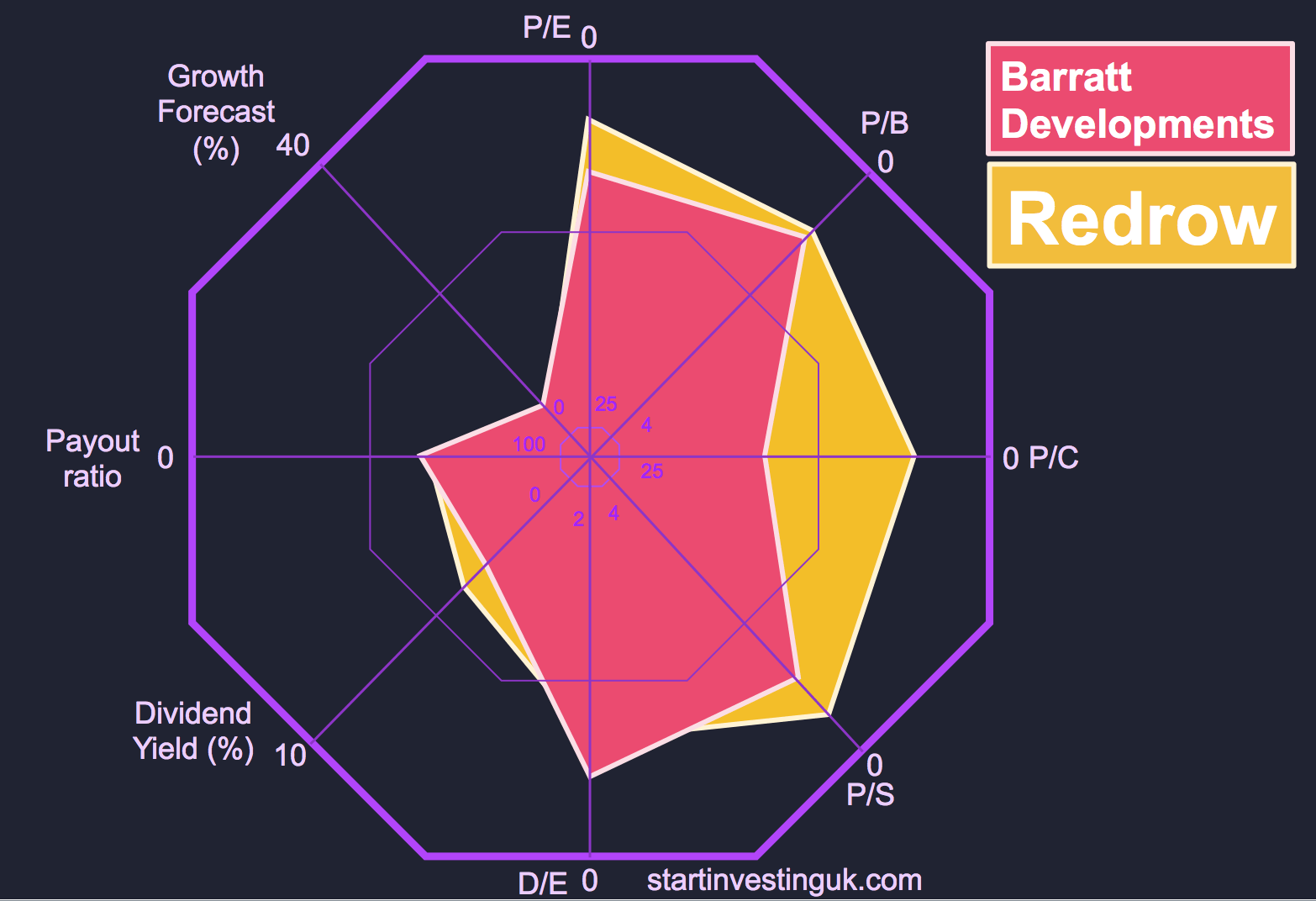Understanding IPOs and Ticker Symbols
Hi investors / soon-to-be investors,
For this month's blog post, I thought I would tackle a couple of market phrases which are often flung around by industry experts and churned out by the media. And, as per usual, it is expected that everyone knows exactly what they mean!
This week's topic:
- IPOs and
Ticker Symbols ; what are they and why
would a company "go public"?
First of all, what does 'IPO' stand for?
An IPO (or ' Initial Public Offering ') is when a company first offers the public the opportunity to purchase shares in the company.
Once the company has been "listed" on a stock exchange (e.g. London Stock Exchange, or LSE), shares are available for purchase by the wider world, and the company 'belongs' to the public.
- But why would a company want to be listed on the LSE, and who
decides on the initial share price?
The main reason a company would want to "go public" is to raise capital without involving a financial institution.
Put simply, companies would rather not ask banks for money (which they would eventually have to pay back with interest), when they can ask for the general public to invest in their business.
This investment can be put towards growing and expanding the current business to generate more revenue and greater profits.
Now, in order to determine an initial share price, the company must first be valued.
Typically, the company would hire an underwriter. Their job is to analyse the company in question and to determine the likely demand for the company's shares. This involves a thorough examination of the company's finances (income statements and balance sheets) and enquiries are made to some of the largest investors in the country to gauge interest.
From this rigorous analysis, the company is valued and, from that, the share price is determined.
However, once the shares are made available to the public on the first day of trading, the share price is dictated by the market, just like all other public companies.
A great example of a recent, high-profile IPO is Aston Martin. The luxury car maker (most famous for the numerous James Bond cameos over the past 54 years) announced in the summer of 2018 that they would aim to list their company shares on the London Stock Exchange in the Autumn of 2018.
Last Wednesday (3rd October 2018), around 25% of the company's shares were made available to all investors as the company "went public" for £19 per share, after the company was valued at around £4.33 billion (just short of being included in the FTSE 100 Index, for now anyway).
- So, what about ticker symbols?
A ticker symbol is a unique three or four letter abbreviation given to every publicly-traded company. It is typically used as shorthand for the company.
For example, the now-public 'Aston Martin Lagonda Global Holdings PLC' company has the ticker symbol 'AML'.
Here are the ticker symbols for the 10 largest companies in the FTSE 100 at the time of writing (Wednesday 10th November 2018):
| Company |
Ticker Symbol |
| Royal Dutch Shell |
RDSA and RDSB |
| HSBC Holdings |
HSBA |
| BP |
BP |
| British American Tobacco |
BATS |
| GlaxoSmithKline |
GSK |
| AstraZeneca |
AZN |
| Diageo |
DGE |
| Unilever |
ULVR |
| Rio Tinto |
RIO |
| Reckitt Benckiser Group |
RB |
- Our Monthly
Stock Picks vs. IPOs
Of our ten monthly stock picks selected so far in 2018, all are considered to be 'well-established' in the market.
The main reason we choose to avoid IPO companies is because it can often be hard to get your hands on good (reliable!) financial reports from before the company became public. We use this historic company information to determine the strength of a company, which feeds into our Inherent Value Index (IVI) calculations.
We'll be announcing our November stock pick on Monday 29th October 2018 . If you're interested in finding out which company we'll be backing, subscribe now.
In summary, IPOs are exciting to look at from a distance, but as value investors, we prefer to back the long-term winners. And win BIG.
Happy investing!
Matt
